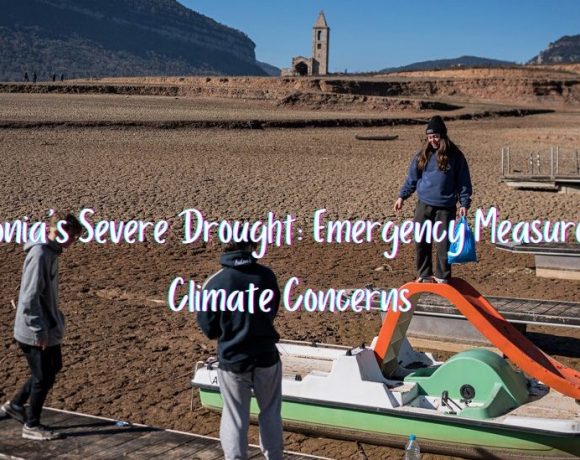
Princess Amalia, the heir to the Dutch throne, reportedly spent over a year in Spain due to serious security threats against her. Dutch media sources, citing information from the public broadcaster NOS, revealed that she opted to study in Madrid for enhanced safety and greater freedom of movement. This decision came after threats emerged in autumn 2022, prompting her relocation from her student accommodation in Amsterdam back to her home.
During this period of heightened security concerns, both Princess Amalia and Prime Minister Mark Rutte faced increased protective measures due to kidnapping threats originating from organized crime in the Netherlands. Queen Máxima expressed her daughter’s inability to enjoy a typical student life during this time, emphasizing the limitations imposed on her activities, including her confinement to their residence.
Despite the challenges, Princess Amalia resumed her studies upon returning to Amsterdam. Fluent in Spanish, a language she acquired through her mother’s Argentinean heritage, she found Madrid to be a comfortable environment for her studies. Reports suggest that she may have already relocated to Madrid by February 2023, as she was seen there alongside her mother and friends.
Princess Amalia’s longing for normalcy was palpable during a state visit to the Caribbean in February 2023, where she expressed missing the ordinary experiences of a student. Despite her time abroad, she was reported to have returned to Amsterdam as early as February to continue her studies in Politics, Psychology, Law, and Economics. These revelations about her stay in Spain come ahead of a state visit to the Netherlands by Spanish King Felipe VI and Queen Letizia, where Princess Amalia is expected to make her first appearance in a domestic royal visit.
Picture Courtesy: Google/images are subject to copyright









